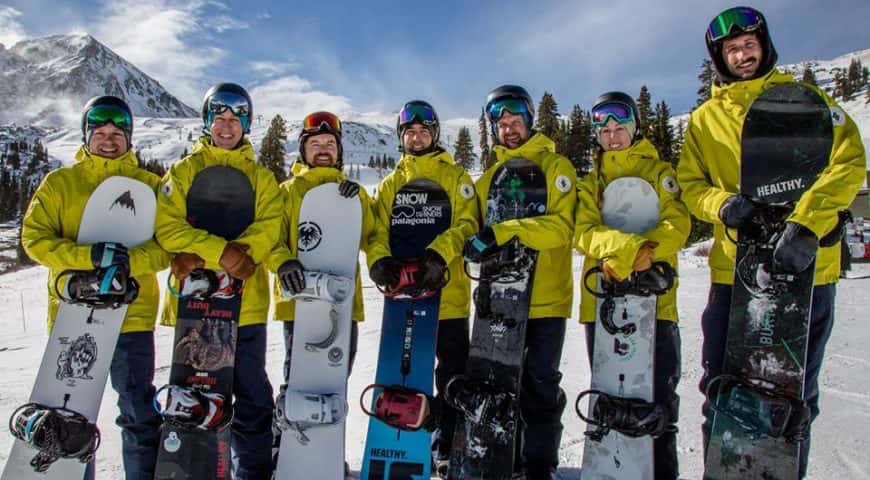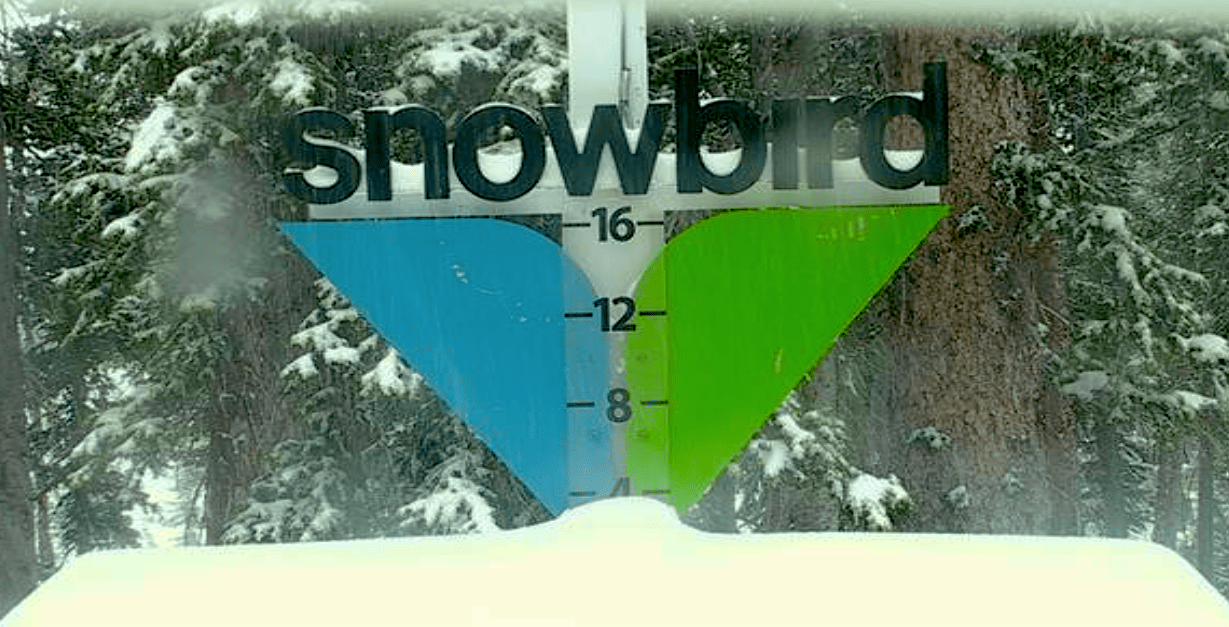
There is something special about working for a resort in the winter – the community, the atmosphere, and of course, the snow! Job opportunities vary from cooks to house cleaners, and parking management to snowsports instructors. If you enjoy skiing or snowboarding, teaching, and working with others, being an instructor may be the position for you.
Whether you are looking to work as an instructor for one season, or are beginning a new career in the industry, these 7 tips may help you become successful.
#1. Attitude – Attitude plays a crucial role in being an instructor. It is easy to become frustrated when a student has a hard time with a task or exhausted after working 8 days in a row. The atmosphere you create will set the tone for the day, and students, as well as other instructors, will sense and feed off of that tone. Teach the classes that are assigned to you, and do your best to create a fun and engaging learning environment. In short, work hard, help and support your fellow instructors, be realistic in your goals and expectations with yourself and the students, and stay positive.

#2. Equipment – As a new instructor, the cost of new gear can be daunting. It doesn’t have to be! There are many outlets available for purchasing used skis or snowboards, such as thrift stores, Craigslist, the ski school locker room, brand representatives, and consignment sales. Your skis or board should be conducive to demonstrating movements properly and efficiently (a fat powder ski or twin-tip with a ton of rocker may not be the best choice). Regular gear maintenance (waxing and tuning) will ensure that your skis or snowboard are safe, effective, and ready for use in any conditions.
One item of gear that should be bought new? Boots! Well-fitting boots will decrease your risk of foot pain and injury and will help you to ski efficiently. A boot specialist at a ski shop can help you try on different brands and sizes that they believe will match your needs, and fit you with footbeds that will provide support to your foot in the boot. It will be an investment you won’t regret.

#3. Ask Questions – As a new instructor going through training, you may feel overwhelmed with information. Do not be afraid to ask a supervisor, your trainer, or fellow instructor for help before, during, or after a lesson. They were likely in the same position as you at some point, and have some tips and tricks to share. Articles in ski magazines or online are another great resource for new and experienced instructors.
#4. Connect With the Guest – Have conversations and ask questions regarding your guest’s athletic ability and history, previous experiences that may help or hinder their success, motivators, learning styles, and lesson goals. Be sure to keep the lesson fun and engaging, as well as informative, and remember to invite them back to ski with you again!

#5. Upskill – Many ski schools offer training for all levels of certification and accreditation. Training and certification will not only allow you to teach more advanced lessons, but will help in building credibility, connecting with the guest, managing lessons, progression building, and personal ski technique. There is always more to be learned about skiing or riding and teaching- don’t let yourself become stagnant.
#6. Network – Reach out to prospective guests, attend training and education events (PSIA AASI Fall Rally or Spring Convention), write articles, hand out business cards, ski at other resorts, and connect with more experienced instructors in order to get your name out there and begin building your professional network. This may lead to future references and referrals.

#7. Rest and Refuel – Instructors know how to enjoy themselves, on and off the mountain. It is the timing that is crucial. When working multiple 8 hour days in a physically demanding job, proper rest and refueling are extremely important in order to avoid sickness and injury. Aim to sleep 7-8 hours per night, especially during busy periods, and fuel your body with healthy food.
This list represents a small piece of helpful information that is out there for new ski instructors! There is so much more to know, and an incredible amount of knowledge to be gained from experience.





You forgot tip number 8:
Have balls or be an asshole.
Or sorry, I was thinking of ski COACH not ski instructor.